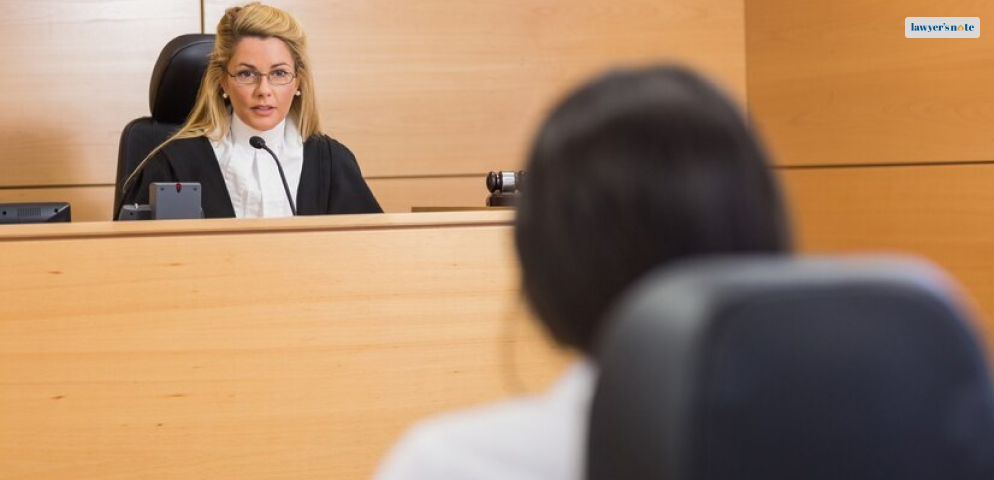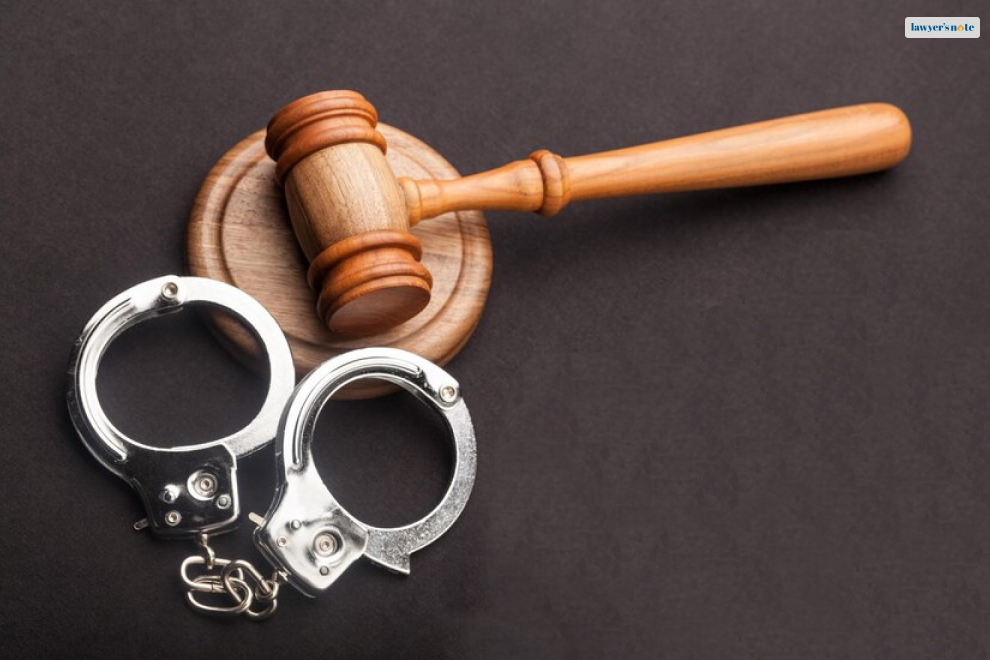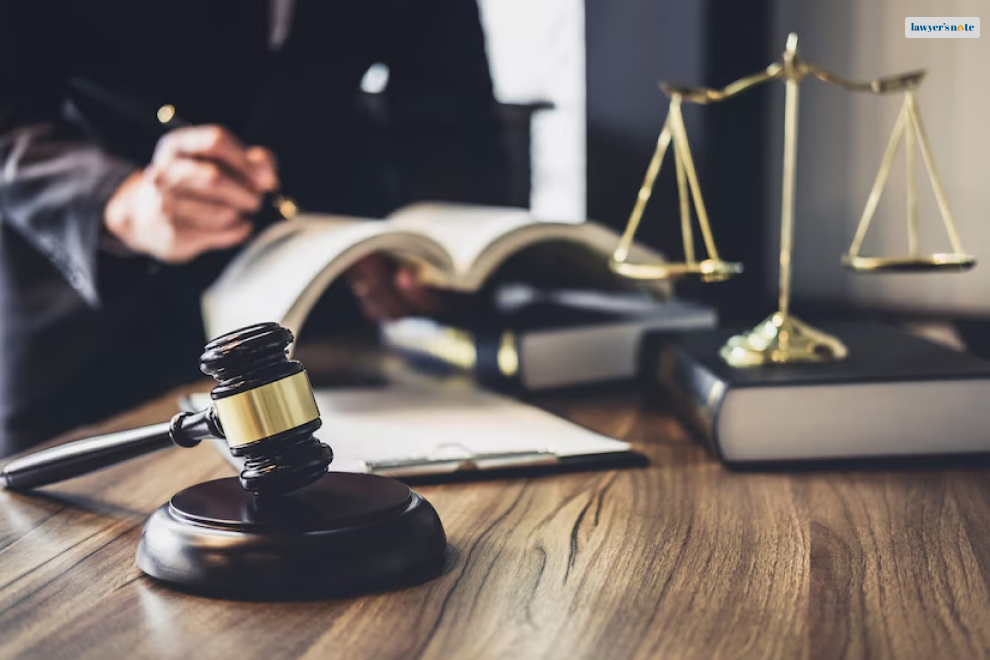Defense Lawyer In Gwinnett County: Expert Legal Representation
Navigating the legal landscape in Gwinnett County, Georgia, requires skilled guidance, especially when facing criminal charges. Our dedicated criminal defense....
903 Views

Although a highly beneficial tool of the criminal justice system, many people and, thus, are quite unfamiliar with the essence and scope of unsupervised probation. Therefore, the fundamental purpose of the present guide is to elucidate the matter of unsupervised probation and detail its meaning, types, requirements, purposes, and meaning within the scope of the US laws.

Unsupervised probation is a form of sentencing alternative to be had to convicted people. This option is likewise called informal or non-reporting probation. Unlike traditional probation, unsupervised probation does no longer require an individual to frequently file to a probation officer. Instead, the man or woman should follow the terms set forth by using the court docket. These terms usually contain avoiding further criminal activity and, in some cases, pleasant precise conditions along with paying fines or attending counseling.
In unsupervised probation, there is no direct supervision through a probation officer. This means the man or woman is responsible for monitoring their compliance with the probation phrases. Failure to conform with the situations of unsupervised probation can also bring about consequences like revocation, fines, or maybe incarceration.
It is vital to observe that unsupervised probation isn’t available in all instances. The court will decide whether a person is eligible for unsupervised probation primarily based on various factors, which includes the nature of the crime committed, the individual’s criminal records and the chance of reoffending.
Overall, unsupervised probation can be a beneficial choice for those who can follow the phrases set forth by the court. It permits individuals to keep away from the burden of normal check-ins with probation officers while preserving them answerable for their actions and ensuring public safety.
The primary cause of unsupervised probation is to permit individuals to serve their sentences even as preserving autonomy and freedom. It is frequently reserved for low-danger offenders who do no longer require extensive supervision or monitoring. By implementing situations without direct oversight, courts aim to promote rehabilitation, reduce overcrowding in jails and prisons, and allocate assets more successfully.
One of the number one functions of unsupervised probation is to facilitate the rehabilitation and reintegration of offenders’ lower back into society. By permitting individuals to remain in the network, they could preserve employment, attend faculty, and have interaction in different effective activities that make contributions to their overall well-being.
Unsupervised probation allows alleviation of prison overcrowding with the aid of presenting an alternative to incarceration for non-violent offenders. By allowing people to serve their sentences inside the network, resources can be directed closer to greater critical offenders, thereby easing the strain on correctional centers.
Unsupervised probation lets in for a greater individualized method to sentencing, deliberating the unique circumstances of each case. Conditions of probation are tailored to deal with the needs and dangers of the person, promoting duty while providing possibilities for rehabilitation.
Compared to incarceration or supervised probation, unsupervised probation is often extra cost-powerful for each individual and the criminal justice system. By reducing the desire for intensive supervision, sources may be allocated closer to different aspects of the justice machine, such as treatment packages and victim offerings.
While unsupervised probation presents people with a degree of freedom, public protection remains a paramount problem. Conditions of probation can also consist of necessities which include maintaining employment, attending counseling or remedy applications, and refraining from criminal hobbies to mitigate risks to public protection.
Despite the absence of direct supervision, people on unsupervised probation are nevertheless held answerable for complying with the situations in their probation. Failure to abide by way of these situations might also bring about the imposition of extra sanctions or the revocation of probation, leading to capacity incarceration.
Unsupervised probation gives numerous benefits for both individuals and the criminal justice system:
Unsupervised probation lets probation officials to cognizance their time and resources on better-hazard offenders who require more intensive supervision. By diverting low-danger individuals to unsupervised probation, caseloads are decreased, allowing probation officials to provide greater powerful supervision to individuals who pose an extra chance to public safety.
Unsupervised probation is typically much less resource-intensive and high-priced compared to conventional supervised probation.
With fewer requirements for supervision and tracking, the monetary burden on both the criminal justice system and the probationer is decreased.
Individuals positioned on unsupervised probation can display their potential to adhere to their sentence’s situations without steady oversight.
This fosters a feeling of duty and encourages pro-social conduct, facilitating the rehabilitation and a hit reintegration of offenders into society.
Unsupervised probation empowers probationers to take control of their personal rehabilitation process.
Without the consistent presence of a probation officer, people are recommended to develop self-control and duty for their movements, leading to long-time period behavioral alternate.
Traditional supervised probation frequently contains a social stigma related to being beneath consistent surveillance by way of law enforcement.
Unsupervised probation offers individuals the possibility to satisfy their duties discreetly, minimizing the stigma and allowing them to keep a sense of dignity and privateness.
Unlike supervised probation, which may additionally require common check-ins and adherence to strict schedules, unsupervised probation lets people maintain their employment, education, and family commitments with minimal disruption.
This continuity in day-by-day life promotes balance and decreases the chance of additional involvement in criminal activities.
Unsupervised probation aligns with the principles of restorative justice by emphasizing the restoration of harm resulting from the offense and selling the rehabilitation of the culprit.
It prioritizes the desires of both the person and the community by focusing on addressing underlying problems and facilitating superb behavioral exchange.

Despite its benefits, unsupervised probation also presents specific challenges and limitations.
The absence of regular supervision with probation officers’ approach that individuals can be more likely to violate their probation without detection.
Individuals on unsupervised probation may have confined get right of entry to aid offerings along with counselling, substance abuse remedy, or process education, that are frequently supplied via conventional probation packages.
Without direct supervision, there may be a chance that people may additionally fail to meet the necessities in their probation, leading to further felony consequences.
The enforcement of unsupervised probation conditions may range relying on the jurisdiction and the courtroom’s discretion, leading to inconsistencies in sentencing practices.
Unsupervised probation serves as a valuable sentencing choice in the criminal justice gadget, providing low-danger offenders the opportunity to serve their sentences even as keeping autonomy and freedom. By imposing situations without direct supervision, courts intention to promote rehabilitation, lessen recidivism, and allocate assets extra efficiently. However, unsupervised probation additionally presents demanding situations, which include a loss of oversight and restrained support offerings. Ultimately, the effectiveness of unsupervised probation depends on careful consideration of character circumstances and consistent enforcement of probation conditions.
In end, unsupervised probation performs a widespread position inside the broader framework of criminal justice, supplying an opportunity to incarcerate low-threat offenders while balancing the need for duty and public protection.
Read Also:

Navigating the legal landscape in Gwinnett County, Georgia, requires skilled guidance, especially when facing criminal charges. Our dedicated criminal defense....

It can be rather stressful to be charged with first-degree burglary. In addition, serious repercussions could affect a person's life....

If you have been facing criminal charges in New York, you must have a federal criminal defense lawyer. Wondering why?....